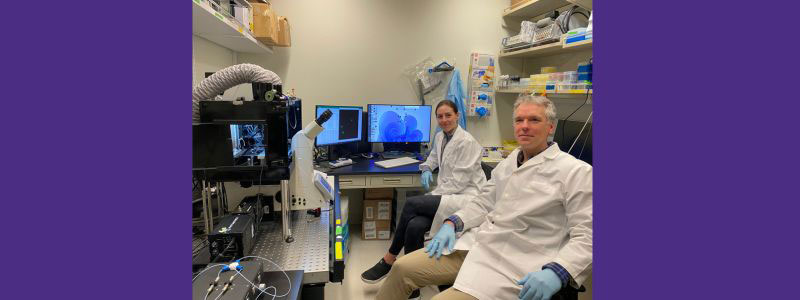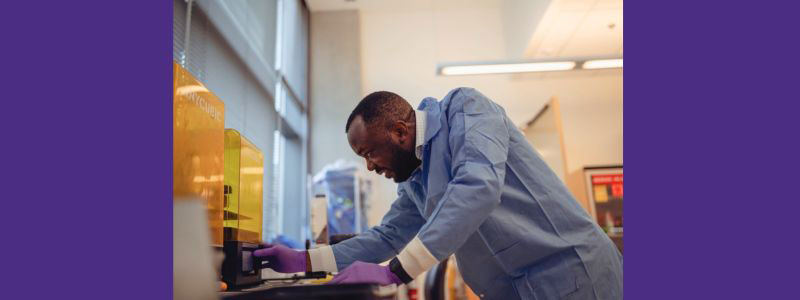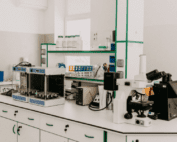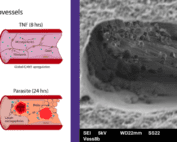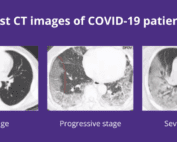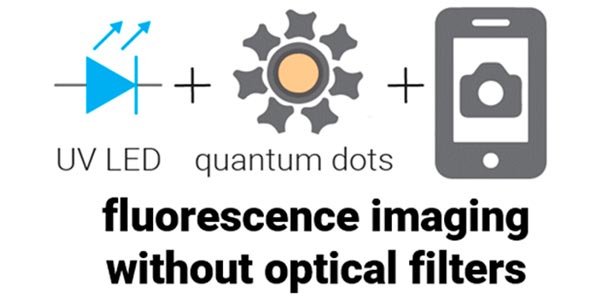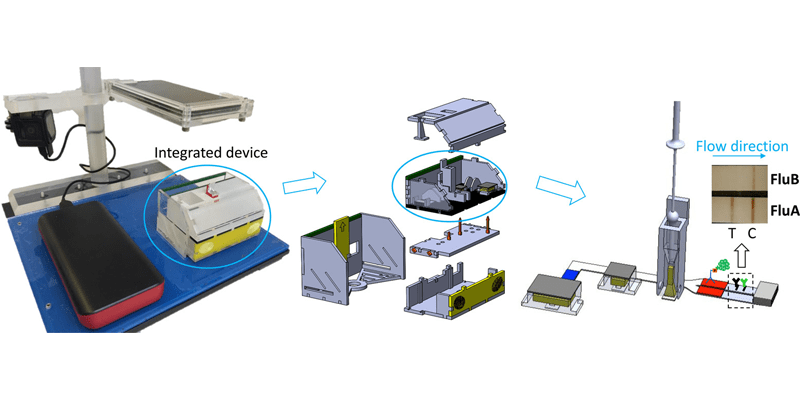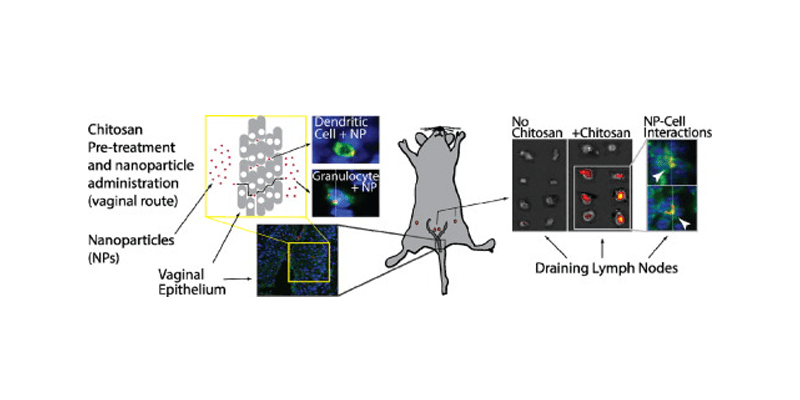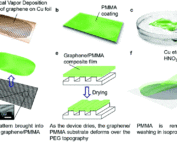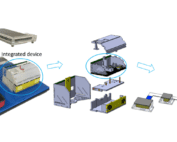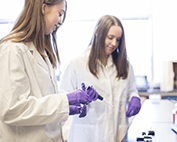UW Bioengineering
Fast Facts
News and Events
UW Bioengineering Ph.D. student Arjun Kumar awarded inaugural Pfizer Oncology Fellowship
Arjun Kumar, a Ph.D. student at UW Bioengineering, has been named one of the inaugural recipients of the Pfizer Oncology Fellowship.
Events
Machine learning revolutionizes protein engineering for neuroscience
Researchers have discovered that machine learning can be utilized to solve complex protein engineering problems
June 2024 eNews
Ayokunle Olanrewaju receives prestigious Beckman Young Investigator Award This [...]
March 2024 eNews
Nancy Allbritton elected to the National Academy of Engineering [...]
News & Events
Featured Publications
Mobile Phone Ratiometric Imaging Enables Highly Sensitive Fluorescence Lateral Flow Immunoassays without External Optical Filters
Professor Paul Yager's lab has created a method that enables optical-filter free mobile imaging for medical diagnostics, a first step towards enabling a new generation of highly sensitive, point-of-care fluorescence assays.
Disposable autonomous device for swab-to-result diagnosis of influenza
The researchers demonstrate a prototype of a self-contained, automated, disposable device for chemically amplified protein-based detection of influenza virus from nasal swab specimens. The device was tested in a clinical setting and was well received by patients and clinicians, further inspiring further optimization of the device.
Chitosan enhances nanoparticle delivery from the reproductive tract to target draining lymphoid organs
The researchers propose a method to achieve enhanced immune response against viral infections in the female reproductive tract. They demonstrate that intravaginal pre-treatment with chitosan significantly facilitates translocation of nanoparticles across the the multilayered vaginal epithelium to target draining lymph nodes.




